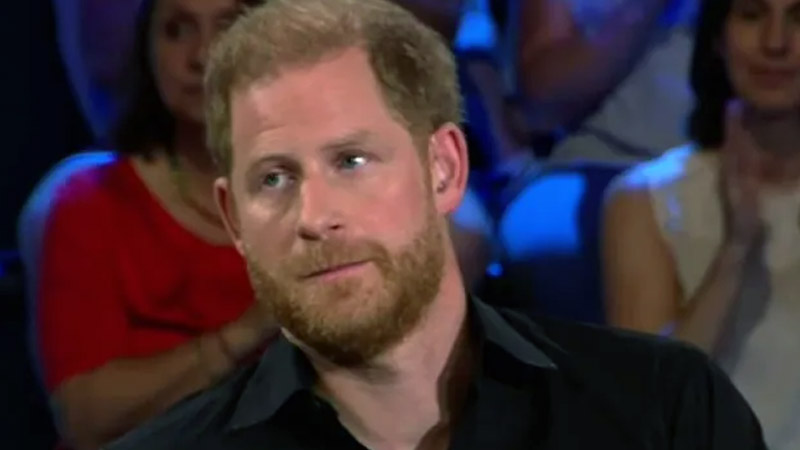Prince Harry has received authorization to appeal his High Court defeat concerning police protection in the UK, marking a significant development in his ongoing legal battle with the Home Office. The dispute originated from a February 2020 decision by the Executive Committee for the Protection of Royalty and Public Figures (Ravec), which determined that Harry would no longer receive the “same degree” of publicly-funded protection while in the UK.
The Duke of Sussex’s legal team argued that this decision singled him out and treated him “less favorably” than others protected under Ravec’s mandate. Following the initial ruling, a spokesman for Prince Harry declared that he was not seeking preferential treatment but rather “a fair and lawful application of Ravec’s own rules.”
Despite these assertions, retired High Court judge Sir Peter Lane dismissed the Duke’s case in February, stating that Ravec’s approach was neither irrational nor procedurally unfair. This decision represented a significant setback for Prince Harry, complicating his efforts to secure the same level of security he had previously enjoyed, reported Daily Mail.
However, a recent turn of events has provided Prince Harry with a new avenue for challenging the decision. Lord Justice Bean, on May 23, granted Prince Harry permission to bring his case to the Court of Appeal. This move allows the Duke to further contest the initial ruling and argue his position that the security measures he has been afforded do not adequately reflect the threats he faces.
The Court of Appeal has agreed to hear Prince Harry’s challenge following a direct application from his lawyers. This upcoming legal proceeding will not only reassess the earlier findings but also scrutinize the processes and justifications behind Ravec’s decision to reduce Prince Harry’s security detail.
As this legal challenge unfolds, it will likely continue to capture public and media attention, highlighting the complexities of providing security to royals who have stepped back from their official duties but still face significant public and private risks. The outcome of this appeal could have broader implications for how security is allocated to members of the royal family who reside outside the traditional roles and duties of the monarchy.

